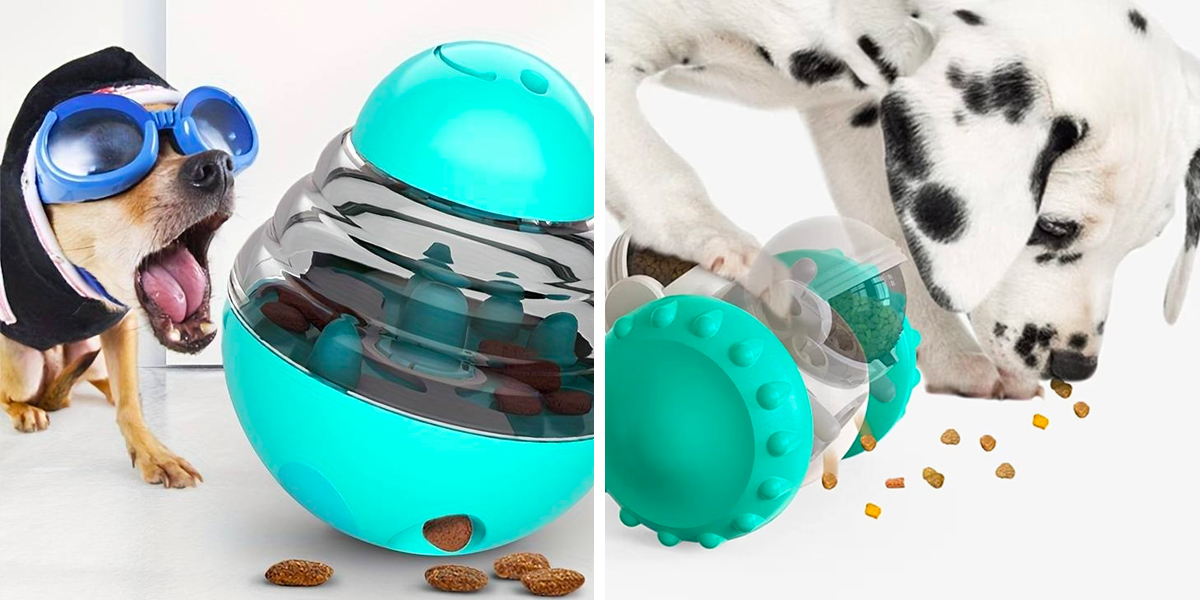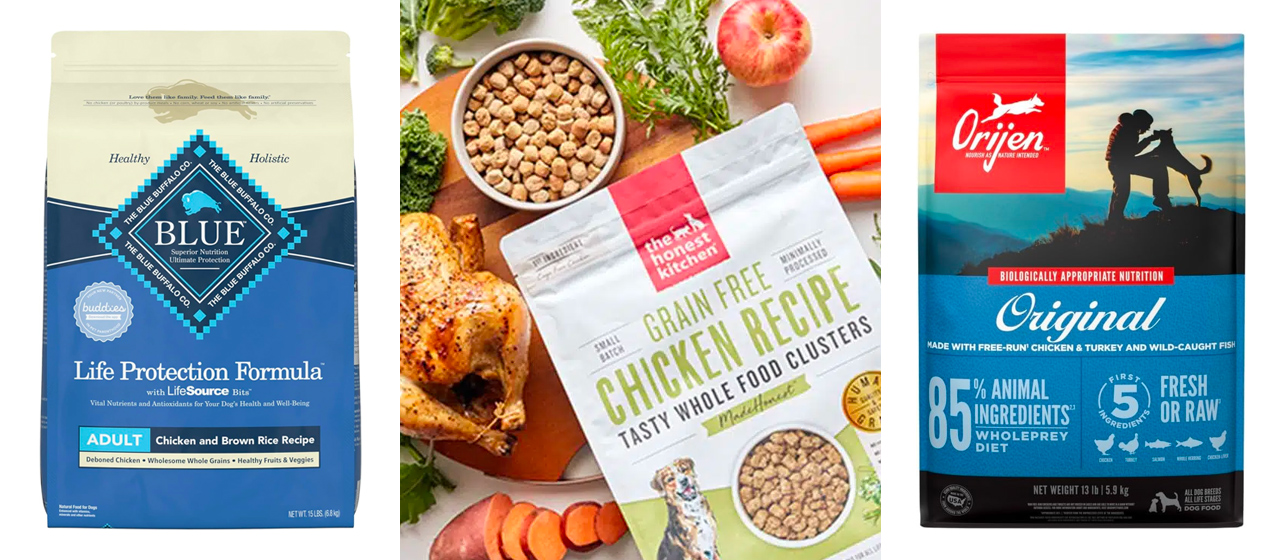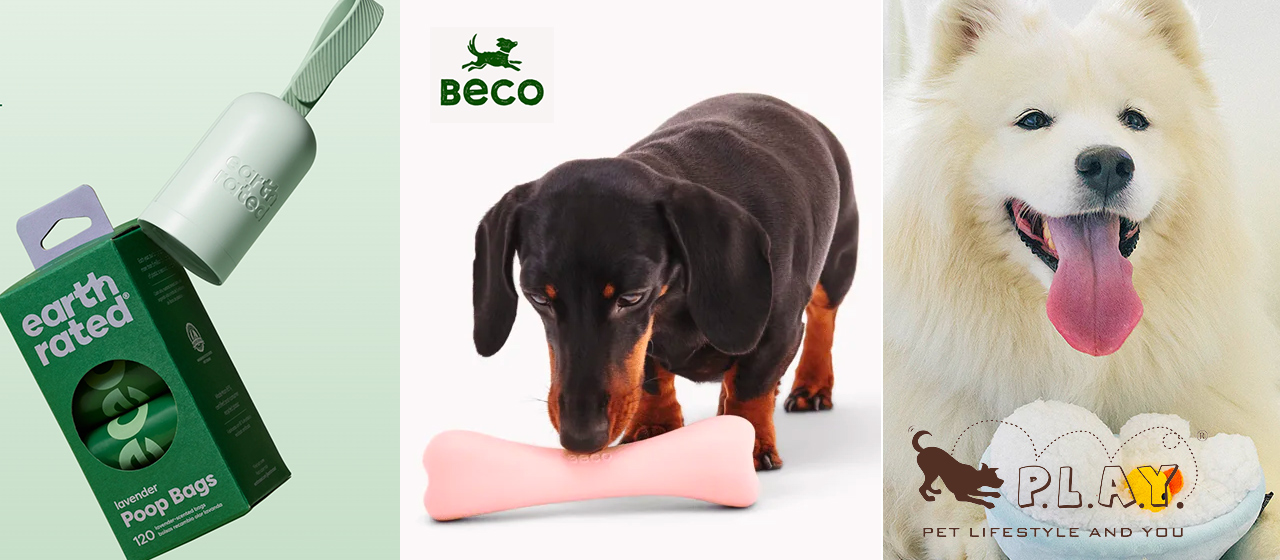What are 2024 Pet Industry Trends?
2024 Pet Industry Trends reflect the evolving patterns and developments within the pet care and entrepreneurship landscape. Driven by technological innovations, changing societal preferences, and an enhanced understanding of pet needs, these trends give a glimpse into the future of pet care. Key trends to watch include:
- Organic and Natural Pet Foods: Highlighted by brands like Blue Buffalo, The Honest Kitchen, and Orijen, which focus on nutritious, transparent options free from artificial additives.
- Pet Technology Advancements: Innovations like the Whistle GPS pet tracker, Furbo treat-tossing camera, and the iFetch automatic ball launcher are enhancing pet-owner interactions.
- Subscription-Based Models: Services like BarkBox, Chewy’s Autoship program, and KitNipBox offer convenient, tailored experiences combining the joy of surprises with practicality.
These trends, along with a broader shift towards sustainability, experiential retail, and the impact of modern technology, underscore the dynamic nature of the pet industry. By staying attuned to these trends, businesses, pet owners, and enthusiasts can navigate the evolving landscape effectively.

In the dynamic world of business, the pet industry stands out for its deep ties to consumer emotion and well-being. It’s an industry in constant flux, driven by technological advances, cultural shifts, and, of course, the evolving relationship between pets and their owners. As we venture ahead, it’s crucial to understand these shifts and how they might shape the future landscape of pet care and entrepreneurship.
Past and Present: Charting the Evolution
From pet wearables to organic food trends, the pet industry has seen waves of change:
Embracing Organics and Naturals
Over the past decade, the push towards organic and natural pet food has been evident. As pet owners themselves have become more health-conscious, there’s a mirrored demand for better, more nutritious, and transparent options for their pets.

Blue Buffalo is a notable example. They’ve built their brand on the promise of providing pets with natural, healthy food, free from artificial preservatives and additives. With a range of products that cater to various dietary needs, they’ve positioned themselves as leaders in the natural pet food space.
The Honest Kitchen is another brand that has made waves in the industry. They offer a line of dehydrated, human-grade pet food made from organic ingredients, setting a high bar for transparency and quality. Pet owners appreciate the brand’s commitment to using whole food ingredients, and their products’ suitability for pets with food sensitivities.
Then there’s Orijen, known for its biologically appropriate diets and high-quality, fresh regional ingredients. Their focus on providing food that mirrors the natural diet of wild ancestors has resonated with pet owners who seek both quality and a natural approach to their pets’ nutrition.
The rising demand for organic pet food isn’t just a passing trend—it’s indicative of a broader shift towards health and wellness, reflecting the deep bond between pets and their owners.
Pet Technology Takes Off

The age of technology has not left the pet industry behind. From health-monitoring wearables to smart toys, tech innovations are reshaping the way we interact with and care for our pets.
One such innovation is the Whistle GPS pet tracker and activity monitor. With its real-time location tracking and fitness monitoring, it gives pet owners peace of mind, ensuring they’re always in the know about their pet’s whereabouts and health status.
Furbo, a treat-tossing dog camera, allows owners to remotely monitor, speak to, and even treat their pets when they’re away. Its real-time bark alert and the ability to see and talk to your dog via the camera has made it a hit among dog owners, especially those concerned about separation anxiety in their pets.
Another technological marvel in the pet industry is the iFetch. It’s an automatic ball launcher that allows dogs to play fetch on their own. For active dogs who never tire of fetch, this gadget is a godsend, providing them endless entertainment.
This surge in pet technology underscores a larger trend – as our lives become more tech-centric, we’re seeking out ways to provide our pets with the same conveniences and comforts that technology offers us.
Subscription-Based Models

In a world where convenience is king, subscription services for pets have emerged as a significant trend, combining the delight of regular surprises with the practicality of home delivery.
BarkBox is perhaps one of the most well-known subscription services in this category. Every month, subscribers receive a curated box filled with unique toys, all-natural treats, and chews tailored to their dog’s size. Each box is themed, adding a touch of novelty to the unboxing experience.
Chewy’s Autoship program offers a different kind of convenience. While not a traditional surprise subscription box, it ensures that pet owners never run out of essentials. From food to medications, pet parents can schedule regular deliveries right to their doorstep, often at discounted prices.
KitNipBox has carved a niche in the feline segment. Catering exclusively to cats, subscribers receive a monthly box filled with high-quality cat toys, all-natural treats, and other cat-related products. It’s a nod to the growing realization that cats, much like their canine counterparts, enjoy a bit of pampering too.
These subscription models exemplify how businesses are keenly attuned to the evolving needs and preferences of modern pet owners, offering tailored experiences that prioritize both fun and functionality.
Predictions for the Upcoming Year: Navigating the Future
Emerging trends hint at an exciting future for the pet industry:
Beyond Pet Food

The modern pet owner’s approach to nutrition goes far beyond merely satisfying hunger; it’s about providing a holistic diet tailored to an individual pet’s unique needs, health concerns, and life stage. Brands are catching on, offering more than just food — they’re offering nutrition solutions.
Wild Earth is leading the charge with its line of clean protein dog foods. Using koji, a fungi protein, they’ve created recipes that promise all the essential amino acids dogs need without relying on animal-based proteins. It’s a nod to sustainability, health, and cutting-edge food science.
NomNomNow takes customization to the next level. After a quick pet profile quiz, they offer freshly prepared, pre-portioned meals delivered to your door. Each meal is specifically formulated based on a pet’s age, weight, activity level, and health needs, ensuring optimal nutrition.
Farmers Dog similarly focuses on fresh, high-quality ingredients tailored to a pet’s specific needs. By bypassing store shelves and shipping direct, they ensure the meal’s freshness and nutrient density is maintained from kitchen to bowl.
This evolution in pet nutrition reflects a broader societal shift: as we become more conscious of our own dietary choices and their impacts, we’re extending that same mindfulness to our pets, seeking out brands and products that prioritize health, transparency, and sustainability.
Green is the New Black

Sustainability is no longer just a buzzword; it’s becoming a fundamental expectation in the pet industry. From eco-friendly toys to biodegradable waste products, brands are championing green initiatives, resonating with environmentally conscious pet owners.
Beco Pets is a prime example. This brand offers a range of products, from toys made of recycled materials to biodegradable poop bags. Their commitment to reducing plastic waste is evident in every product they produce, ensuring pets and their owners can enjoy a smaller carbon pawprint.
Earth Rated is another brand making waves in the green space. Renowned for their compostable and biodegradable waste bags, they’re ensuring that the less glamorous side of pet ownership doesn’t harm the planet. Their commitment extends to their packaging as well, which is made of recycled materials.
P.L.A.Y. (Pet Lifestyle and You) takes an eco-friendly approach to pet bedding and toys. Using filler made from recycled plastic bottles and organic cotton in many of their products, they prioritize sustainability without compromising on quality or design.
These brands and others like them are not only responding to a growing demand for sustainable products but are also setting new standards for the pet industry. They underscore the message that caring for our pets and caring for the planet need not be mutually exclusive.
Experiential Retail Blooms
The brick-and-mortar retail experience for pet owners is undergoing a vibrant transformation. Traditional pet stores are evolving into immersive spaces, offering more than just products. They’re creating environments where pets and their owners can explore, play, learn, and bond.
Petco is at the forefront of this movement with their in-store dog training classes, veterinary services, and grooming salons. More than just a place to buy pet food, these stores are becoming holistic pet care hubs, encouraging owners to engage in various pet-centric activities.
BARK’s BarkBar takes experiential retail to a novel level. Part dog park, part coffee shop, this establishment allows dogs to play freely while their owners relax, socialize, or even work. It’s an ingenious blend of recreation and retail that speaks to the modern pet owner’s lifestyle.
The metamorphosis of pet retail spaces reflects a deeper understanding of the pet owner’s psyche: they’re not just looking to purchase; they’re seeking enriching experiences that deepen the bond with their furry companions in memorable ways.
The Role of Technology: More than Just Gadgets
Technology’s influence on the pet industry goes beyond products:
Big Data and Personalization
In the modern digital age, big data is the engine driving personalized experiences. Within the pet industry, this means understanding not just the habits of the pet owner, but the needs and preferences of the pet itself. By analyzing purchase histories, online interactions, and even feedback on social media, companies can tailor offerings and services to better resonate with individual pet owners. Brands such as Chewy utilize these insights to recommend specific products, enhancing the shopping experience.
However, the transformative power of big data doesn’t stop at shopping. It extends to predictive health care, where patterns in a pet’s behavior or symptoms might suggest potential health concerns. As wearables for pets become more popular, the collected data can offer invaluable insights into a pet’s health and wellbeing.
Yet, the embrace of big data comes with its own challenges. Ensuring data privacy and walking the line between personalization and intrusiveness are paramount. As the industry evolves, striking the right balance will be key to genuinely enhancing the bond between pets and their owners.
Augmented and Virtual Reality: A New Frontier in the Pet World
The immersive capabilities of Augmented and Virtual Reality (AR and VR) are reshaping industries, and the pet sector is eagerly exploring these technologies. One of the most exciting applications is in pet training. Tools like Puppr, an AR app, provide visual cues overlaid in the real world to assist pet owners in teaching commands. It’s an interactive way to guide pets, enhancing traditional training methods.
Beyond training, AR and VR offer transformative retail experiences. Imagine using AR to visualize how a new pet bed fits in your living room or a VR setup allowing you to simulate different dog breeds’ behavior before adoption. Brands like PetSmart have already begun experimenting with AR in their mobile apps for product visualization and interactive shopping experiences.
However, while the potential is vast, there’s a need for thoughtful implementation. The pet industry must ensure these technologies remain pet-friendly, avoiding overly immersive experiences that might distress or confuse animals. In essence, AR and VR promise a fusion of fun, education, and practicality, deepening the connection between pets and their owners.
E-commerce and Direct-to-Consumer Models
The shift to online shopping has become increasingly pronounced, and the pet industry is no exception. E-commerce platforms like Petco’s online store and Zooplus have capitalized on the demand for convenience, offering a wide range of products and services to pet owners at the touch of a button.
Direct-to-Consumer (DTC) strategies are further refining this digital transformation. Emerging brands like Ollie and NomNomNow offer specialized pet foods and products directly to consumers, bypassing traditional retail intermediaries. This model not only provides a fresher, more customized product but also fosters a closer relationship between the brand and pet owners.
Yet, the shift to digital presents its own set of challenges. Ensuring a seamless online shopping experience, prompt deliveries, and effective customer service is paramount. As the pet industry ventures deeper into the E-commerce and DTC realms, the brands that prioritize customer-centric approaches will stand out, offering a blend of convenience and personalized care.
